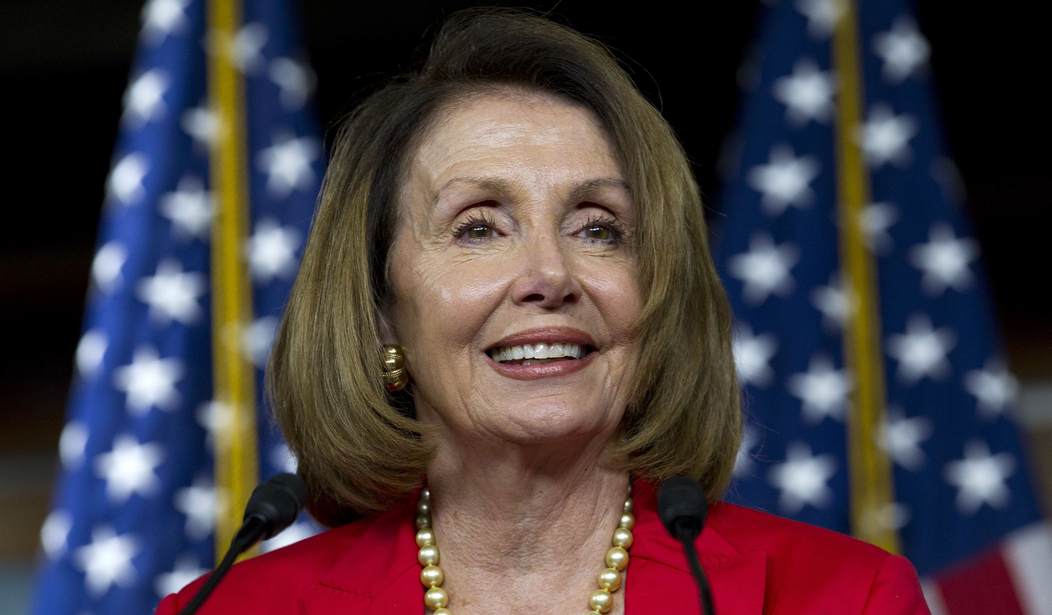Do politicians oppose term limits on principle?
For the answer to be yes, we would first have to explain to them what principles are.
Yet, even beyond consideration of such thorny truths, or their visceral flashing-a-cross-to-a-vampire reaction to the two words “term limits,” are politicians — even the most career-obsessed, decades-long incumbents — unalterably opposed to term limits?
Not a trick question. Sure, politicians adamantly oppose term limits that cut against their self-interest, i.e. have the audacity to apply to them. But they are often for term limits . . . when the limitation applies to others.
Meaning, of course, that our congresspeople are — on this issue, at least (perchance others?) — incredibly slippery creatures who care only about their own naked self-interest.
Who knew?
Way back in 1994, congressional Republicans embraced the notion of rotation in office in their “Contract With America.” But how excited about it were they, really? Challengers, enthusiastically; longtime incumbents... well, not so much.
But when the issue helped them finally overcome 40 years of Democratic legislative domination to seize the majority beginning with the 104th Congress in 1995, the newly membered House voted on numerous proposals for term limits.
More than 80 percent of the chamber, a clear majority of both Republican and Democratic members, voted to limit committee chairman to three two-year terms, or six years, and the House Speaker to eight years, or four two-year terms. The measure only lost, not surprisingly, among the committee chairs themselves.
So, with committee chair positions limited, was Congress on a roll? Well, consider what happened when the GOP leadership brought four constitutional amendments to the House floor, proposing a limit on the terms of each and every member of Congress. Needing fewer votes than the rule limiting chairmen, all four amendments still fell well short of passage.
Recommended
The “principle” seems to be as stated above: politicians like limits that apply not to them, but to others.
The exception to this rule seems to be when limiting one’s own terms — or pledging to do so in the future — appears absolutely essential in order to win an election. (Not that a number of honest people haven’t kept pledges to limit their time in office voluntarily; they have.)
Again, think back to 1994, when Republican challenger George Nethercutt became term limits incarnate in his race against House Speaker Tom Foley. He did so not merely by saluting the term limitation initiative enacted at the ballot box by Washington state citizens, which Foley had filed suit to overturn, but also by pledging to serve no more than the three-term/six-year stretch that voters had established as the limit, without regard to whether the law were upheld in court.
On the strength and clarity of his message, along with $350,000 in a chorus of TV and radio ads by term-limit groups, Nethercutt became the first person to defeat a sitting Speaker of the House since before the Civil War.
Six years later, Nethercutt broke his word, claiming his seniority and experience were too important to his district to cast it all aside. He ran for a fourth term, and won, and then a fifth term. Then, he cast it all aside to move up to a Senate seat in 2004, but lost, his lack of integrity proving something of a negative.
Today, consider the case of House Minority Leader Nancy Pelosi, who wishes to be elected Speaker in January by the new Democratic House majority. Mrs. Pelosi is an unlikely candidate...for Mrs. Term Limits. True, her Democratic majority kept committee chair limits when she first gained the speaker’s gavel in 2007, for which I applauded. But in 2009, notably her last term as speaker, Democrats jettisoned the term limits on the position.
Republicans had scrapped the eight-year limits for then-Speaker Dennis Hastert, claiming he would be ineffective as a lame duck, back in 2003. So they kept the now-admitted sexual molester of underage boys in his powerful position.
Politics.
Now, again, the issue impacts the majority of Democrats and Mrs. Pelosi, who agreed to support a new rule imposing term limits on leadership positions — even her own speakership.
What gives?
A number of newly elected congresspeople won their seats on a promise to change Washington. And to gain votes, these freshmen Democrats had pledged not to support the exceedingly unpopular, long-serving Swamp Creature for speaker.
Or should that be Mrs. Swamp Creature?
With Democrats comprising a narrow 17-seat majority in the new Congress, these young upstarts wield enough votes to deny Pelosi the position she covets.
So, against the objections of her longtime lieutenants, Pelosi has promised these “rebels” that she will not merely bring before her caucus a new rule imposing limits of three terms for leadership positions, including her own, but she also insists that even if that rule fails to win the support of the Democratic caucus, she will personally, voluntarily, abide by those limits.
Meet the Missus?
If only voters had some leverage.

























Join the conversation as a VIP Member